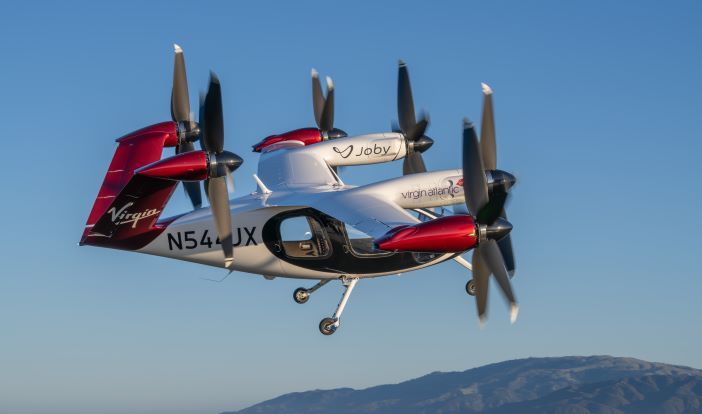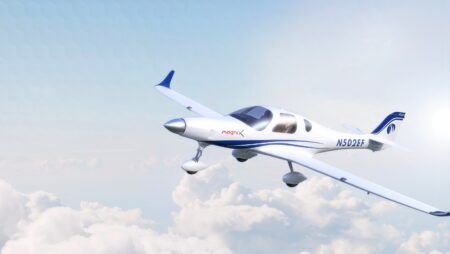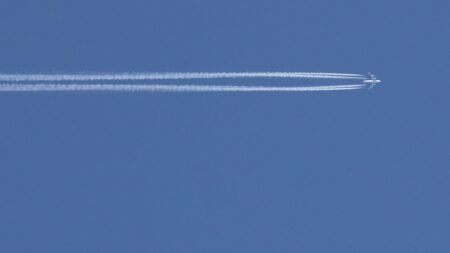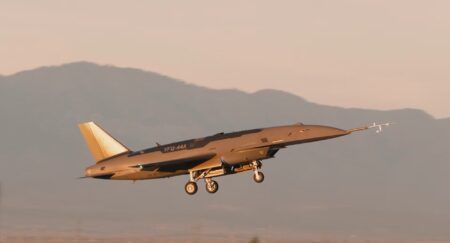Joby Aviation has begun power-on testing of its first FAA-conforming aircraft as part of the Type Inspection Authorization process for commercial electric air taxi certification.
Power-on testing includes thousands of integration tests that validate the aircraft’s subsystems before flight testing begins.
The aircraft powered on this month represents the first of several conforming vehicles the company plans to build for Type Inspection Authorization (TIA) testing, which is part of the final stage of the FAA Type Certification process.
The milestone enables Joby to begin conducting hardware and software integration tests in preparation for flight testing with FAA test pilots operating the aircraft.
Flight testing by Joby pilots is expected to begin in the coming months, with FAA pilots scheduled to take control of the aircraft in 2026.
Joby’s battery-powered, four-passenger aircraft has a range of 100 miles (160km) and is around 100 times quieter than a conventional helicopter and a top speed of 200 mph (320 km/h).
Subsystem testing
Each TIA aircraft is being built with FAA-conforming components as required by FAA-approved test plans. The components are built to FAA Designated Engineering Representative (DER)-approved designs and inspected by FAA Designated Airworthiness Representatives (DAR) before installation.
“Beginning this aircraft subsystem testing is the culmination of more than a decade of focused engineering and certification refinements,” said Didier Papadopoulos, president of aircraft original equipment manufacturer at Joby. “This is the moment where our intended type design, our manufacturing process, and our certification strategy converge into one physical asset.”
As well as testing subsystems, the TIA phase will also validate operational procedures that will govern commercial service operations. This includes inspecting maintenance manuals, pilot training curriculum, and verifying the functionality and reliability of onboard systems including avionics, propulsion and redundancy systems.
Data collected during TIA tests will be used by the FAA to make its final determination on issuing Type Certification for the aircraft, the approval required for commercial operations. The certification process requires demonstrating compliance with FAA airworthiness standards and operational requirements for eVTOL aircraft.
TIA testing program scope
Joby will work alongside the FAA during TIA testing. The testing program includes performance validation by FAA pilots and Joby test pilots, verifying the aircraft’s range, speed and energy management under operational conditions. Control and handling tests will evaluate flight controls and handling qualities across all flight regimes, from vertical takeoff and landing through wingborne cruise and return to hover.
Joby’s conforming aircraft test program represents a transition from experimental flight testing to certification testing for the company, which has been conducting flight tests of prototype aircraft since 2017, while developing the conforming design and manufacturing processes required for Type Certification.





